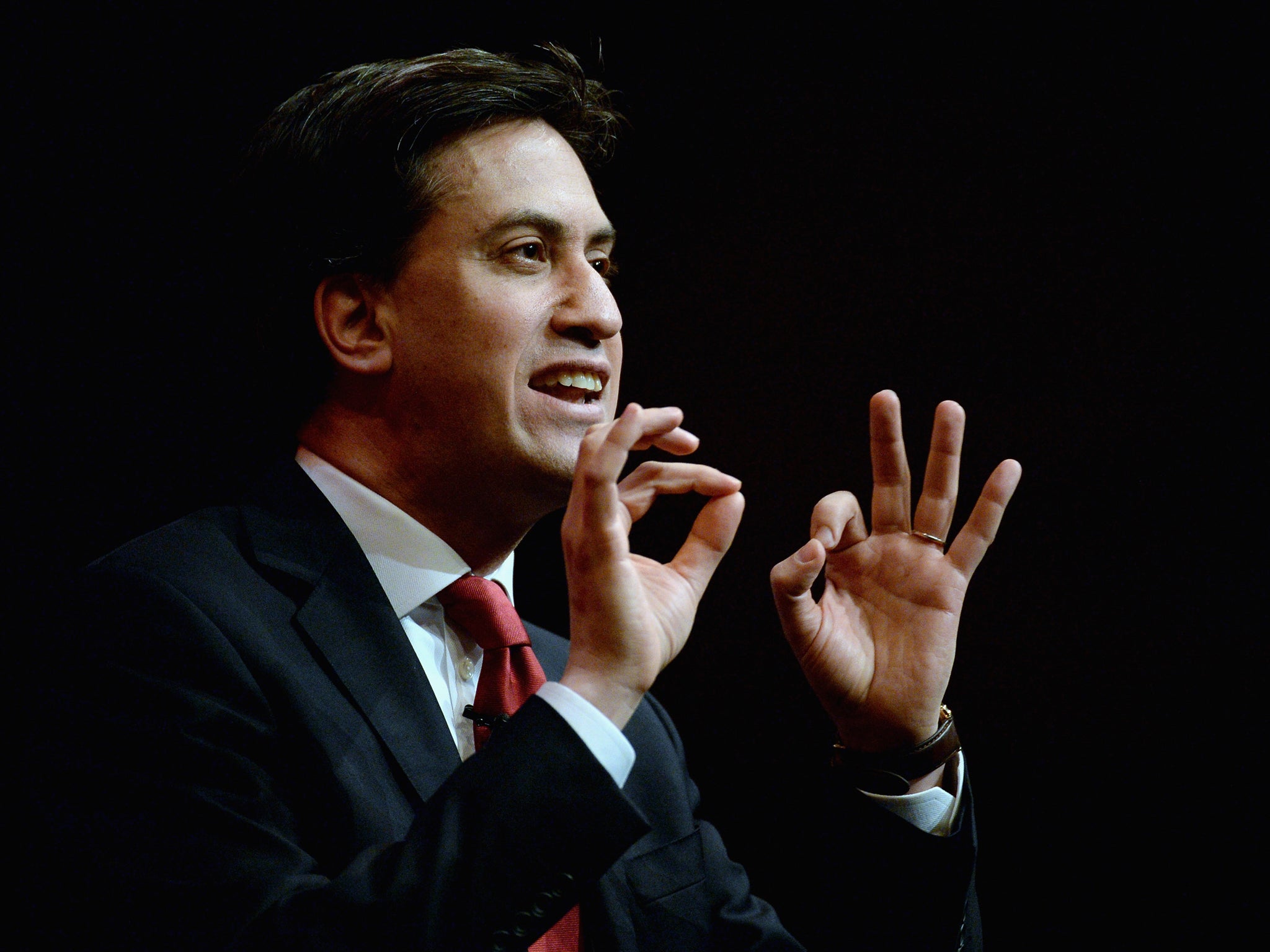Labour's new diversity policy is not just bad policy, it's bad maths
We have made a mess of our own back yard. We do not need to do the same to the country's labour market.

Your support helps us to tell the story
From reproductive rights to climate change to Big Tech, The Independent is on the ground when the story is developing. Whether it's investigating the financials of Elon Musk's pro-Trump PAC or producing our latest documentary, 'The A Word', which shines a light on the American women fighting for reproductive rights, we know how important it is to parse out the facts from the messaging.
At such a critical moment in US history, we need reporters on the ground. Your donation allows us to keep sending journalists to speak to both sides of the story.
The Independent is trusted by Americans across the entire political spectrum. And unlike many other quality news outlets, we choose not to lock Americans out of our reporting and analysis with paywalls. We believe quality journalism should be available to everyone, paid for by those who can afford it.
Your support makes all the difference.Diversity. A somewhat fuzzy term, but surely a universal good where it means stopping prejudice in recruitment. Often, we address it by rules which offer a “helping hand”, and everybody wins.
Trouble is, when people talk about encouraging diversity, the accompanying lyricism often avoids the dull nitty-gritty of the mechanism; it usually means quotas. And when you set a quota to discriminate in favour of someone, logic dictates that you discriminate against someone else.
Now, that can still be ok, depending on the existing situation. In the 1970s, for example, there was abundant and clear discrimination in the workplace on grounds of race. Intervention made sense. Clearly, discrimination is not yet dead, but should also be wary of taking a 1970s mindset and applying it to the 2010s, which is what Labour now seems to be doing. We should also, it seems, learn to count.
Now, in the bad old days, ethnic minority staff would make up a very small percentage of the workforce for professional jobs. That was not good. Let’s suppose minorities secured only 5% or less, say, of professional jobs, then you can easily see how quotas might be a force for good.
Today, 13% of the UK population comes from ethnic minorities. Ok, you may argue that quotas in themselves are not a great idea. But if you set a quota of 13%, you’d have a fairer system without compromising on employee quality; in fact, you could improve it. Great.
But let’s look at the system Labour proposed last weekend, to make 18 out of every 100 candidates for the civil service fast-track to be from ethnic minorities (we are not even going to get into how we would define getting “more from working-class backgrounds”).
When we talk about 18%, not 13%, the logic falls down; clearly, by skewing the system artificially, you compromise on quality. Why? Because, to express things in the simplest of terms, it means you run out of good candidates.
You take the 13 ethnic minority applicants who are averagely well-qualified and well-suited to the role and then 5 more who are, on average, less well-qualified and less well-suited to the role. You take them because you had to; the legislation said so. But it’s not exactly a great idea, is it? And by the way, if you apply the Equality Act properly, you can discriminate only if two candidates are of “equal merit” (are they ever?)
Ah, you say. But in total, we have less ethnic minorities in the upper echelons than exist in the population, a mere 4.7%. We should therefore overcompensate at 18%, until we reach an equilibrium-world, where 13% of top civil servants are from ethnic minorities. But hold on: just because you are under the mean, that does not mean you should look for applicants who are less good for the job. Put a target at 13%, perhaps, but not 18%.
The truth is that Labour’s 18% policy makes no sense: it tries to magic up more good candidates than actually exist. It takes an already blunt instrument of an idea, cranks it up a bit and unceremoniously plonks it where it does not fit.
And this is also making the assumption that discrimination in the traditionally right-on, heavily-unionised public sector is rife. Is it? It is hard not to conclude that we look to impose it there only because, well, the private sector would never wear it.
Labour, though, is used to these kind of mechanisms. Eschewing a “best person for the job” ethic, its own parliamentary candidate selection process has become a mad patchwork of special cases and interventions, to the Kafkaesque point that every other candidate is a special case. We even changed the law to exempt it from the “equal merit” criterion.
Indeed, it has become such second nature to some Labour politicians to intervene in this way, that they do not think for a moment that, in the world at large, such things might be perceived as unfair or patronising. At worst, we make the crashingly wrong assumption that anyone not supporting all types of positive discrimination in the workplace for gender or race is sexist and/or racist, when this is not so. Each case can and should be argued on its merits.
Meanwhile we fail to acknowledge that, like a plastic surgery addict forever tinkering with their own face to the point of ugliness, our own internal selection processes have become a dog’s breakfast, ending in distortion and unfairness. Often, undoubtedly, candidate quality is affected.
In short, we have made a mess of our own back yard. We do not need to do the same to the country’s labour market.
Join our commenting forum
Join thought-provoking conversations, follow other Independent readers and see their replies
Comments